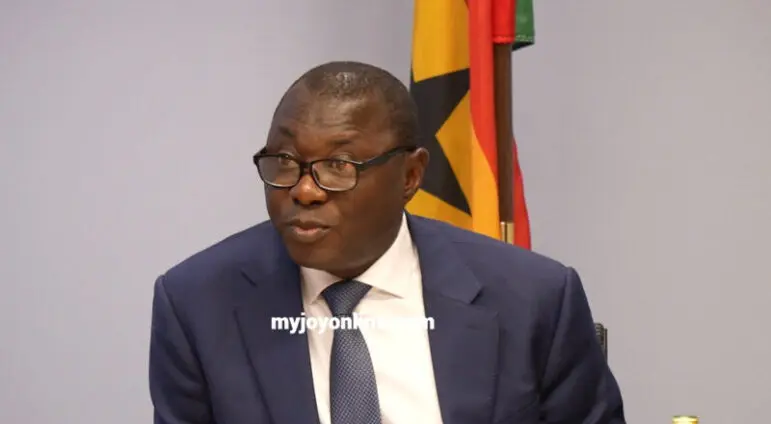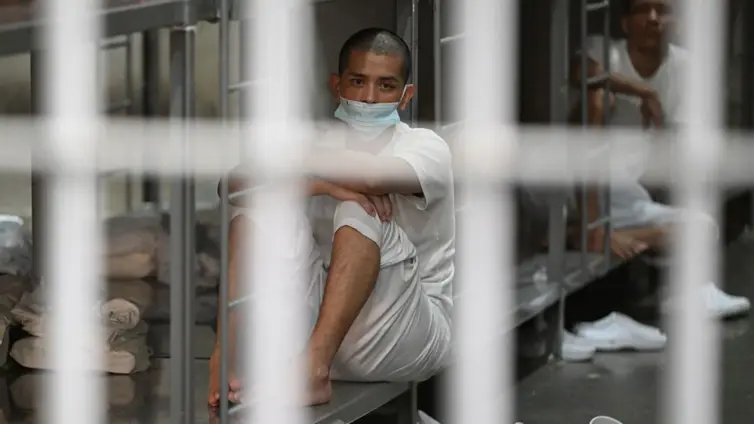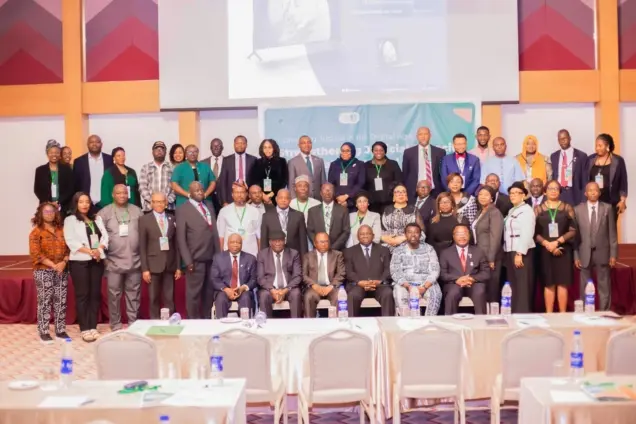Accra, Ghana – Energy Minister John Jinapor has delivered a firm message to government agencies across Ghana: settle your electricity debts or face disconnection. The Minister’s warning highlights the growing concern over unpaid power bills from Ministries, Departments, and Agencies (MDAs), which are placing a significant strain on the Electricity Company of Ghana (ECG) and threatening the stability of the nation’s energy sector. This move underscores the government’s commitment to addressing financial challenges within the power industry, ensuring reliable service for all Ghanaians. The Energy Minister’s call to action seeks to hold state entities accountable for their consumption.
The Minister’s statement emphasizes the critical need for MDAs to prioritize settling their debts. The ECG, responsible for distributing electricity throughout the country, relies on timely payments to maintain operations, invest in infrastructure, and ensure a consistent power supply. The failure of state agencies to pay their bills has created a financial burden that could undermine the entire energy sector. The Energy Minister is determined to resolve this issue.
“If you don’t pay one cedi for seven months and it adds up to one billion, the power sector will not be stable,” the Minister stated, underscoring the cumulative impact of these unpaid debts. The Ghana Water Company was specifically mentioned for allegedly not paying any amount for electricity in the last seven months, a situation the Minister described as unacceptable.
The Energy Minister has insisted that ECG must actively collect debts owed by state agencies. Taxpayers’ money, he argued, should not be used to subsidize ECG’s inability to recover funds from MDAs. The Minister urged all MDAs to proactively budget for their electricity bills and ensure timely payments. This call to action is part of a broader effort to promote fiscal responsibility and accountability within the government.
While acknowledging the need for MDAs to pay their debts, the government has also recognized that some critical institutions require uninterrupted power supply. Guidelines have been approved by the Cabinet to identify and exempt essential services from potential disconnection. These exemptions are limited to key functions within sectors such as health, education, security, and the presidency.
For example, in the health sector, exemptions would apply to theaters, laboratories, and wards. In education, only lecture theaters would be considered, while dormitories and restaurants would be excluded. This careful approach aims to balance the need for continuous service with the imperative of financial accountability. The Minister of Finance will be responsible for budgeting for the electricity bills of these critical institutions, ensuring that they can continue to operate without disruption.
Beyond addressing immediate debt issues, Ghana is actively working to attract further investment into its energy sector. Recent engagement at the Offshore Technology Conference (OTC) in Houston has garnered significant interest from major oil players. Exxon, for instance, has expressed interest in returning to Ghana, signaling renewed confidence in the country’s potential. Additionally, Cosmos, Jubilee Partners, and Eni are planning to invest billions in the sector, further boosting Ghana’s energy prospects.
To facilitate increased investment and address declining crude oil production, the government is undertaking reforms to the Petroleum Exploration and Production Act (Act 919). These reforms aim to make the sector more attractive to investors while also addressing issues such as the allocation of Local and Independent Content (LICAN) opportunities.
In another significant development, the Cabinet has approved a formula for the petroleum sector, which will be formalized into law, possibly through adjustments to the existing MPA Act. This move is expected to streamline operations and provide greater clarity for stakeholders.
The Energy Minister‘s firm stance on MDAs settling their power bills reflects the government’s dedication to stabilizing Ghana’s energy sector. Coupled with reforms in the petroleum sector and efforts to attract investment, these measures are vital steps toward a more sustainable and reliable energy future. By holding MDAs accountable and fostering growth in key sectors, Ghana aims to secure a stable power supply and improve its overall economic outlook. The reforms in the Petroleum Exploration and Production Act will be critical in this endeavor.
Image Source: MYJOYONLINE






















